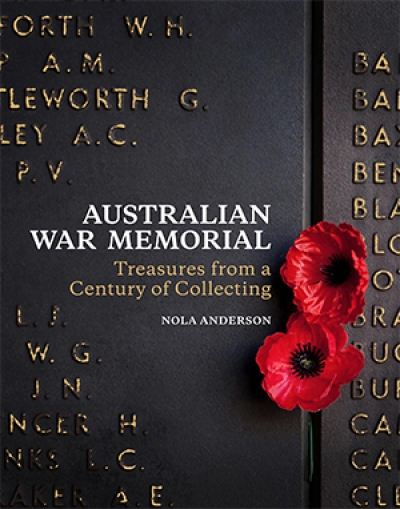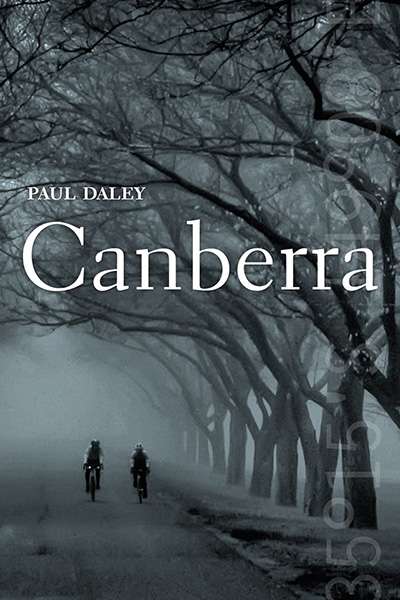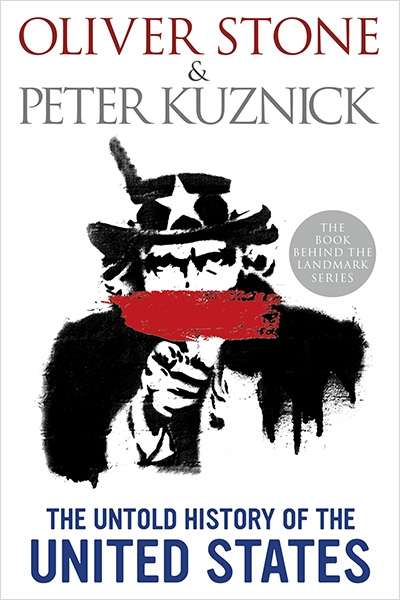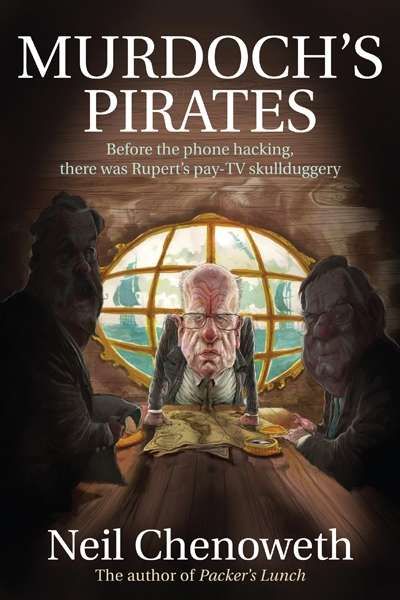History
In April 2012, barely a week after Queensland had elected a conservative government to office for the first time in twenty-six years, Campbell Newman announced the abolition of the state-funded premier’s literary awards. The decision, despite disingenuous claims to the contrary, was entirely symbolic, coming as it did before Newman’s Liberal National Party had been officially sworn in or had articulated anything approaching a comprehensive fiscal policy. It was an early portent of a regression to a time when philistinism was celebrated and executive power ran uncurtailed. Soon the premier was using his maiden parliamentary speech to pay tribute to his conservative predecessor Joh Bjelke-Petersen, who narrowly avoided a criminal conviction on the back of one of the most infamously tainted juries in Australian legal history. More recently, amid a host of controversies over ministerial nepotism and shady deals, the government has undertaken a sustained attack upon the Crime and Misconduct Commission, the very organisation formed in response to the rampant treachery of the Bjelke-Petersen era. It may be the self-professed smart state, but former Police Commissioner Ray Whitrod put it best in his memoir: ‘Queenslanders are not like other Australians.’
... (read more)Australian War Memorial: Treasures from a Century of Collecting by Nola Anderson
The Australian War Memorial has become a kind of national cathedral. Those who visit Canberra for the first time feel that they must see it. It fascinates nationalists, those who are entranced by past wars, those who love displays of technology, relatives of the war dead, those attracted to family history, and the countless visitors who unknowingly seek heroes outside the sporting and theatrical arenas where money is king. There were said to be no cash registers at Gallipoli and Kokoda.
... (read more)Canberra by Paul Daley & The Invisible Thread: One Hundred Years of Words edited by Irma Gold
Canberra leads a double life: by day the federal capital, crafting legislation and performing on the world stage; at night it is transformed into a suburban neighbourhood where people cook their meals and pay their bills and water their gardens. But a pervasive view of Canberra is that it is the home only of public servants on secondment; that it is just a waste of a good sheep paddock. This is a stereotype in which I was instructed pretty much as soon as I arrived in Australia in the early 1990s. On my first visit to Canberra I saw exactly what I had been schooled to see: low-rise buildings emanating a dull power; orderly but sparsely populated streets. Not until moving here at the end of the 1990s did I come to know the quotidian nature of the town, the disorder lurking just below the bureaucratic structures, and the raffish, dreamy quality that is a remnant of Walter Burley Griffin’s adulterated plans.
... (read more)The Untold History of the United States by Oliver Stone and Peter Kuznick
It is ten years since the invasion of Iraq by the United States and the few countries willing to join it. Happening to be in Washington in February, and recalling worldwide protests in 2003, I was struck by what seems to be American amnesia about the war and its consequences. At least in Australia groups are exploring ways to prevent such catastrophic expeditions in the future. Even as Afghanistan follows Iraq towards a similar conclusion, the US government’s war mentality is kept alive by contestation with China, eyeballing of North Korea, countdown over Iran, nervousness about Syria, demands for more military spending, and war hunger in sections of the media. Americans’ nerves are further strained by domestic threats like cyber-infiltration, extreme weather, and mass killings, against which conventional defences seem powerless. Past wars don’t end all wars.
... (read more)The morgue in Gunbalanya holds no more than half a dozen corpses – and, as usual, it was full. When the Old Man died in the wet season of 2012, they had to fly him to Darwin, only to discover that the morgue there was already overcrowded. So they moved him again, this time to Katherine, where they put him on ice until the funeral. The hot climate notwithstanding, things can move at glacial speed in the Northern Territory, where the wags tell you that NT stands for ‘Not today, not tomorrow’. The big departure had stalked and yet eluded the Old Man in recent years. Now he would wait six months for his burial. Only then would he be properly ‘finished up’, as they say in Gunbalanya, a place rich in many things: poverty, and euphemisms for death, among them.
... (read more)Moscow, the Fourth Rome: Stalinism, Cosmopolitanism, and the Evolution of Soviet Culture, 1931–1941 by Katerina Clark
In Ernest Hemingway’s novel For Whom the Bell Tolls, the hero Robert Jordan, an American fighting on the Republican side in the Spanish Civil War, receives some advice from Karkov, a Russian ‘journalist’ at the unofficial Soviet headquarters in Madrid.
... (read more)Shame and Honor: A Vulgar History of the Order of the Garter by Stephanie Trigg
Two photographs from the present book, caught by the British press in 2009, vividly testify both to the fun and to the difficulty of maintaining ancient ritual in the modern world. In the first, a widely grinning Prince Harry, one leg extended in parody of traditional marching style ...
... (read more)The Burning Library: Great Novelists Lost and Found by Geordie Williamson
As a reader, teacher, and scholar of Australian literature, I applaud any initiative directed towards increasing readers’ understanding of, and engagement with, Australian writing. Geordie Williamson’s The Burning Library sets out to achieve that goal. Through a mix of biography and literary review, Williamson seeks to recuperate the work and reputation of fifteen Australian writers whom he judges to have been underappreciated or sidelined by academics, publishers, and, consequently, the reading public. His stable of writers includes Marjorie Barnard, Flora Eldershaw, Xavier Herbert, Christina Stead, Dal Stivens, Patrick White, Jessica Anderson, Sumner Locke Elliott, Amy Witting, Olga Masters, David Ireland, Elizabeth Harrower, Thomas Keneally, Randolph Stow, and Gerald Murnane.
... (read more)It is a brilliant summer day in July 1935. The scene is a house called Green Ridges, near Hastings, Sussex. Two women, seated but not relaxed, face each other across a formal drawing room. This is the first time they have met. Nettie Palmer, Australian writer and journalist, has come to stay overnight with the novelist Henry Handel Richardson.
... (read more)Murdoch’s Pirates: Before the Phone Hacking, There Was Rupert’s Pay-TV Skullduggery by Neil Chenoweth
Talk about unfortunate timing. On 10 December 2012, the New Yorker ran a lengthy profile on Elisabeth Murdoch, the older sister of Lachlan and James. Elisabeth, forty-four, lives in Britain, where – while her siblings have been marked down for everything from, in Lachlan’s case, One.Tel to Ten Network and, in James’s case, MySpace and phone hacking – she has quietly built a reputation as a savvy television producer and businesswoman. The profile is a public relations hosanna – unsurprising given that Elisabeth’s husband, Sigmund Freud’s great-grandson Matthew Freud, is a flack with his own PR firm – with the title declaring its subject to be, in capital letters, THE HEIRESS. The subheading simply states: ‘The rise of Elisabeth Murdoch.’
... (read more)







